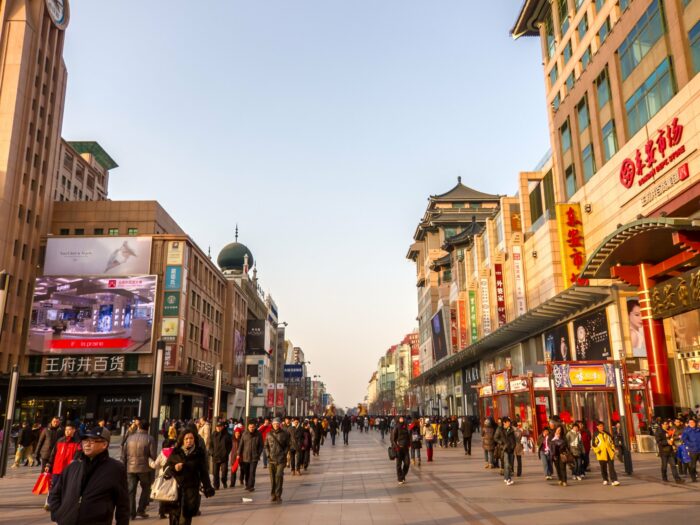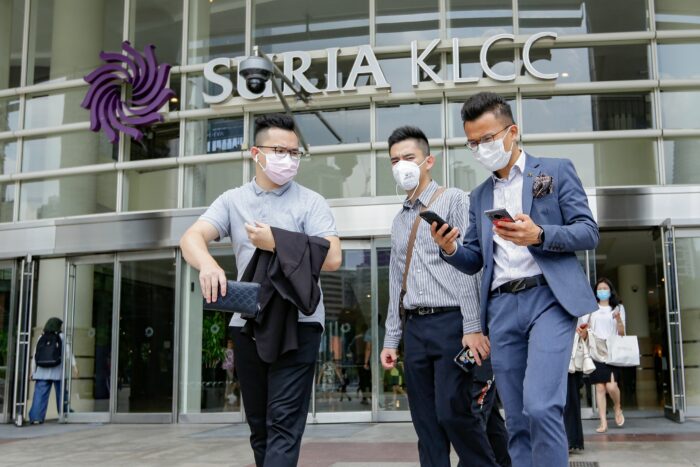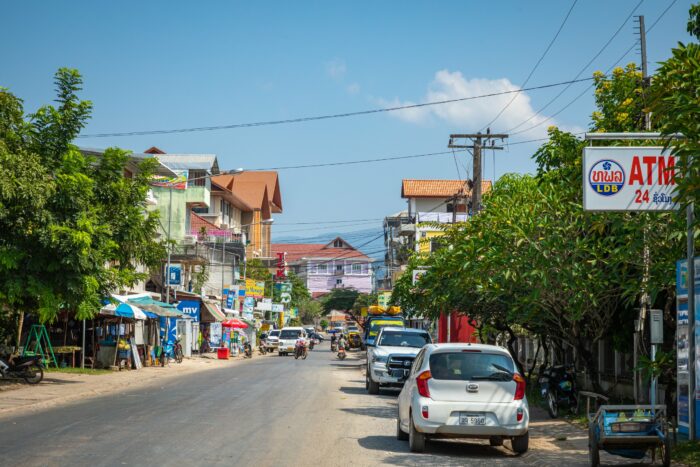Workers in Australia found more job opportunities in May quarter

Job vacancies in the three months to May jumped 13.8%, from the previous quarter, to 480,100, according to Australian Bureau of Statistics (ABS).
South Korea finalises minimum wage for 2023

The Minimum Wage Commission has agreed on a minimum hourly wage increase of 5% to 9,620 won (US$7.40) for next year.
New labour laws in India to bring workplace transformation

New labour codes will potentially transform work culture, affecting working hours, salaries, leave and flexible work arrangements.
Indonesia empowers women in the workforce

The government is supporting MSMEs led by women by providing easier access to funding for both capital and product development.
More workers in India joining gig economy

India’s gig economy currents employs about 7.7 million people and is set to nearly triple to 23.5 million workers by 2029-30.
Beijing focuses on employment in new policy package

This aims to increase and stabilise employment in key sectors and expand relevant subsidies for college graduates and other key target groups.
Flexible work arrangements could create job opportunities in Malaysia

Employers can tap a huge labour force that includes women and university students not able to work full time, says former minister.
Women in Australia under-represented in workplace leadership

Australian women are more educated and qualified than men, but are under-represented in leadership positions and workforce participation.
Employers in Malaysia want to decide terms of flexi-work

Companies want to decide on the kind of flexible working arrangements that meet their needs and not be dictated to about such arrangements.
Singapore provides small businesses with financial aid

More than 40,000 small businesses hit hard by the pandemic each received up to S$10,000 (US$7,211) last week as part of a government grant.
Some Australian businesses struggle to find suitable staff

About 31% of employing businesses are having difficulty finding suitable staff, according to the Australian Bureau of Statistics (ABS).
Overtime to be calculated on a monthly basis in South Korea

The incoming government will address the country’s 52-hour workweek policy and the seniority-based pay models adopted by most companies.
Malaysian SMEs oppose 4-day workweek

A four-day work week is not practical as Malaysia is currently facing low productivity and labour problems, businesses argue.
Civil servants in the Philippines offered flexible work options

Government agencies can now implement alternative work arrangements at any time for some 1.7 million employees regardless of their status of appointment.
South Korean unions propose minimum wage rate

Labour representatives of the Minimum Wage Commission have proposed an hourly minimum wage of 10,890 won (US$8.4) for 2023.
Indonesian businesses object to proposed increase in parental leave

The Indonesian Employers Association (Apindo) has objected to new fathers being entitled to paternity leave for a maximum of 40 days.
More companies in Thailand embrace hybrid working

While more employees in Asia-Pacific are returning to the office, many companies in Thailand are continuing hybrid work arrangements.
Employees in South Korea can expect to work more years

Due to the shrinking working population in the country, the government is considering extending or abolishing the retirement age.
Supporting the empowerment of women in the workforce

The B20 Women in Business Action Council (WiBAC) has drafted three strategies to expedite the involvement of women in the global economy.
Most employees in Laos to receive wage raise

The monthly minimum wage for private-sector employees will be increased from 1.1 million kips (US$73) to 1.3 million kips (US$87).
Australia’s unemployment at historic low for third straight month

Fresh data has revealed that Australia’s job market continued to strengthen as the unemployment rate remains at a historic low.
Employers in Hong Kong allowed to fire unvaccinated staff

A government bill has been passed to allow employers to sack workers who refuse to receive a COVID-19 vaccination without a reasonable excuse.
Companies in Taiwan review compensation packages

About 44.8% of companies are considering raising wages in the second half of the year to retain their best employees.
Thailand approves budget to hire recent graduates and the unemployed

The cabinet has approved a 3.5-billion-baht (US$99,927) budget to hire more than 68,000 recent graduates and jobless people nationwide.
Indonesia prepares more digital talent for the workforce

Besides training digital talent, a stimulant programme also supports MSMEs in improving digital skills throughout their organisation.
South Korea continues debate over peak wage system

The Supreme Court recently ruled that the current peak wage system is tantamount to age-based discrimination as it cuts wages after a certain age.
Indonesia provides more support for working mothers

A proposed Bill on Maternal and Child Welfare will provide working mothers with more benefits and help develop a better generation of human resources.
Parental leave increases in New Zealand

From July 1, new parents will get additional paid parental leave entitlements that will result in up to NZ$40 (US$25) extra a week.
More Australian businesses try out four-day workweek

Organisations across a range of industries are gearing up to give Australian workers a four-day working week for six months with no cut to pay.
Vietnam to keep electronic records of employees

The Ministry of Labour, Invalids and Social Affairs (MoLISA) is planning to issue electronic employment records for workers aged 15 and above.

